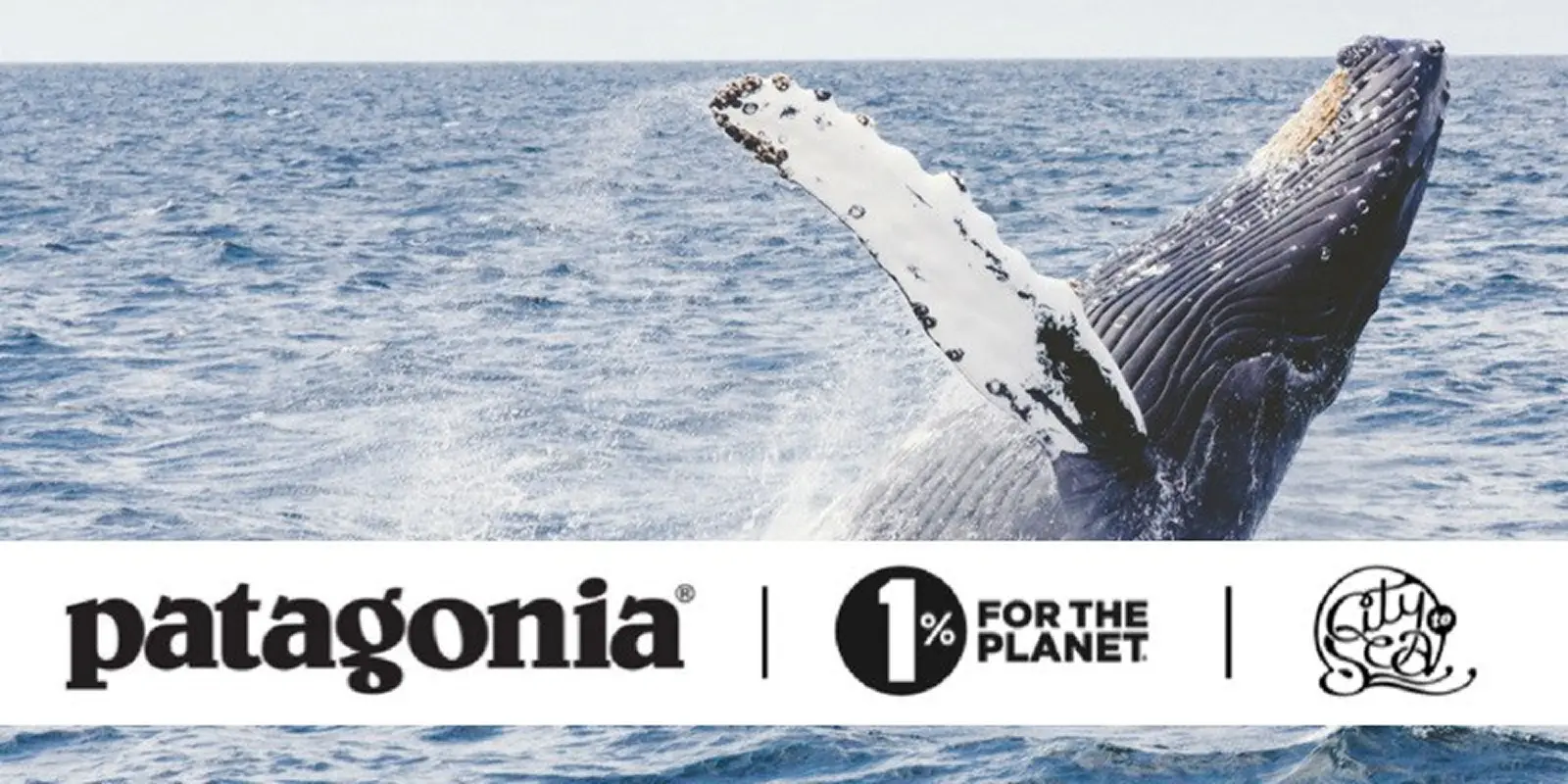Ethical Branding: Building a Brand with Purpose

Is "ethical branding" an oxymoron? After all, business is synonymous with profit maximization, while ethics evokes images of altruism. Yet, today, ethical branding is more than a trend; it is a business imperative.
Profit-seeking without ethical considerations has often been proven to be a short-sighted strategy. Scandals, consumer backlash, and reputation damage can quickly ruin even the most profitable companies. As consumers realize their buying power, they demand transparency from brands. And so, companies now need to ensure their values align with their consumers’ expectations.
Prioritizing ethics cultivates trust, loyalty, and advocacy among customers. A strong ethical foundation sets a brand apart in a crowded marketplace, attracting a dedicated customer base. Also, it makes a company more appealing to top talent. Employees prefer organizations that share their values.
Contrary to popular belief, ethical branding doesn't need to sacrifice profitability. It provides a pathway to generate optimal profits with ethical consideration. By linking business success to societal well-being, companies can boost profits while helping the world.
In today's customer-centric landscape, ethical branding is a strategic imperative. It's more than marketing. It's about aligning a company's core values with its operations. This resonates with consumers who seek purpose-driven brands.
What is ethical branding?
Ethical branding is the creation and promotion of a brand rooted in principles of morality, sustainability, and social responsibility.
It is a commitment to doing the right thing, extending beyond profit maximization. This includes:
- Transparency: Open communication about business practices, supply chains, and product sourcing.
- Environmental stewardship: reducing ecological footprint through green initiatives.
- Social responsibility: Supporting fair labor, human rights, and community development.
- Integrity: Upholding honesty, accountability, and ethical conduct in all business dealings.

The imperative of ethical branding
Consumers today are discerning and value-driven. Ethical branding offers numerous advantages:
- Enhanced brand reputation: Ethical brands build trust and loyalty among consumers.
- Increased customer engagement: Consumers are more likely to connect with brands that have a strong sense of purpose.
- Competitive advantage: Differentiation in a crowded marketplace.
- Attracting and retaining Talent: Ethical companies appeal to socially conscious employees.
- Risk mitigation: Proactive approach to addressing potential ethical challenges.
How you can build a strong, ethical brand
Building a genuinely moral brand demands a thorough strategy:
- Define your values: Establish a strong foundation by defining your company's central principles and purpose.
- Walk the talk: Ensure your actions align with your stated values.
- Transparency: Be open and honest about your business practices.
- Supply chain ethics: Verify that your suppliers adhere to ethical standards.
- Employee well-being: Prioritize fair wages, safe working conditions, and diversity.
- Community engagement: Give back to the community through charitable initiatives or volunteer work.
- Measure and report: Track your ethical performance and share your progress with stakeholders.
Ethical brands leading the way
Several companies exemplify successful ethical branding.




The power of storytelling in designing an ethical brand
Storytelling is a potent tool for communicating a brand's ethical values. By sharing compelling narratives about the company's mission, values, and impact, businesses can create emotional connections with consumers. Patagonia's environmental activism stories and Ben & Jerry's social justice campaigns are prime examples of this done well.
Overcoming challenges
Implementing ethical branding is not without its challenges.
- Greenwashing: Companies must be transparent about their sustainability efforts to avoid accusations of greenwashing. They must provide clear, verifiable data. This includes setting measurable goals, investing in certifications, and engaging with independent auditors.
- Supply chain transparency: It needs due diligence, audits, and traceability. Building strong relationships with suppliers based on shared values is also crucial.
- Balancing profit and purpose: Integrating ethics into business requires careful planning and prioritization. Companies can achieve this by identifying opportunities for social and environmental impact that align with their core business objectives.
- Measuring impact: Developing key performance indicators (KPIs) for ethical initiatives is essential. It involves tracking metrics like carbon footprint reduction, fair labor, and community engagement.
Overcoming these challenges requires transparency, accountability, and a steadfast commitment to ethical principles.
Building consumer trust
Trust is the cornerstone of ethical branding. It's built through transparency, consistency, authenticity, accountability, and engagement with consumers. By prioritizing these factors, companies can foster strong relationships based on shared values.
Ethical branding is a continuous journey that requires commitment and adaptation.
By prioritizing ethics and social responsibility, companies can:
- Build lasting customer relationships.
- Attract top talent.
- Make a difference in the community.


Let’s Build What’s Next
We partner with the thinkers, builders, and innovators shaping the industries of tomorrow. Together, we turn ambition into brand power, and ideas into influence.
Talk to us






